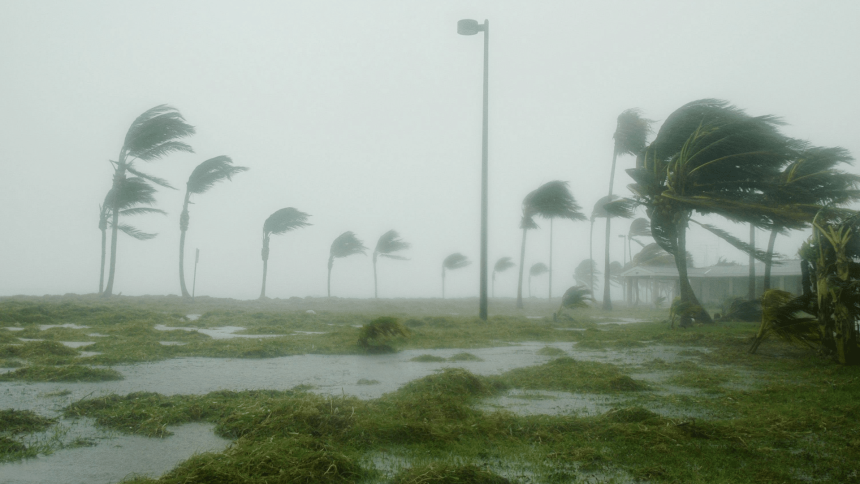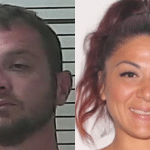After rapidly intensifying to a Category 4 hurricane before making landfall on the Florida coast late last Thursday night, the death toll and damage assessment continues to swell after Hurricane Helene ravaged six states.
Reports from South Carolina, Georgia, Florida, North Carolina, Virginia, and Tennessee estimate the total loss of life to be over 215 – which does not include several hundred missing person reports in the Asheville, North Carolina area. Catastrophic, life-threatening flash floods barreled through the southern Appalachians in the days following landfall.

Damage estimates are currently as high as $20 billion after what became one of the most colossal storms to hit the Gulf of Mexico in the past century. As some have decried a slow response from the federal government, President Joe Biden told those affected in a statement that his administration is giving states “everything we have” to aid in the recovery.
“I am deeply saddened by the loss of life and devastation caused by Hurricane Helene across the Southeast,” Biden said. “Vice President Harris and I remain focused on lifesaving and life-sustaining response and recovery efforts. I am being regularly briefed by my team on the ongoing response efforts, and my administration is in constant contact with state and local officials to ensure communities have the support and resources they need.”
President Biden and Vice President Kamala Harris visited North Carolina on Wednesday to speak with officials and take an aerial survey of the Asheville area. Biden also directed up to 1,000 active-duty troops to aid the North Carolina National Guard in recovery efforts.
“I’m here to say the United States, the nation, has your back,” Biden said at the Raleigh Emergency Operations Center after the tour. “They’re not leaving until you’re back on your feet completely.”
While rescue and recovery efforts roll forth from the government level, many across the country – particularly in neighboring states like Mississippi – are wondering whether they should lend a personal hand to help those reeling from the storm’s impact. But officials warn that the catastrophic effects of Helene call for professional aid and personal help from citizens could hamper recovery efforts for than help.
Mississippi Emergency Management Agency officials recommend the following for those in the Magnolia State who are willing and able to help their neighbors:
- Get in Touch: Family and friends of people in disaster-affected areas are urged to check social network sites for information about your loved ones. Visit the American Red Cross Safe and Well or Contact Loved Ones | Disaster Aid | Red Cross.
- Text. Don’t Call: Texting leaves lines open for emergencies.
- How to Help: Cash donations are the most effective way to help after a disaster. Visit Volunteer and Donate | FEMA.gov.
Mississippi is proud to stand up and send help to those in need.
In response to Helene, the state has deployed 3 generators to Georgia, as well as 1 Chinook, 2 BlackHawk helicopters, and the MS USAR Task Force remains in Florida.
We stand ready to help our neighbors. pic.twitter.com/lOtP4TwZzM
— msema (@MSEMA) September 28, 2024
Additionally, National VOAD members and partners are assisting communities in need. National VOAD members and partners will serve these communities as long as necessary. There is no request for donations outside of cash. do not send unsolicited donated goods, and please do not self-deploy.
- Alabama – Alabama VOAD (alvoad.org).
- Florida – FLVOAD (wpengine.com).
- Georgia – Georgia VOAD (gavoad.org).
- Kentucky – Kentucky Voluntary Organizations Active in Disaster (kentuckyvoad.org).
- North Carolina – North Carolina Voluntary Organizations Active in Disaster (ncvoad.org).
- South Carolina – SCemd.org/recover/volunteer-and-donate/.
- Tennessee – Tennessee VOAD (tnvoad.org).







